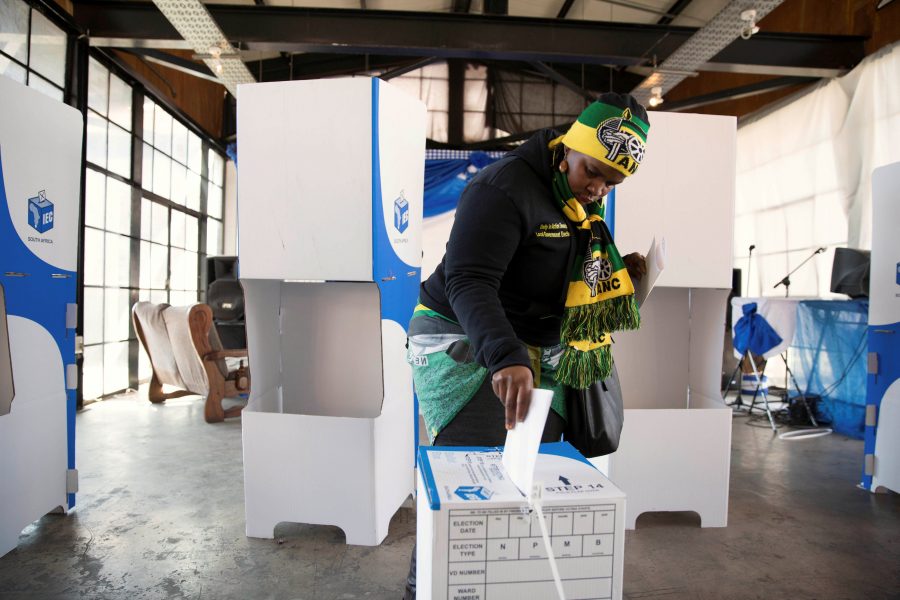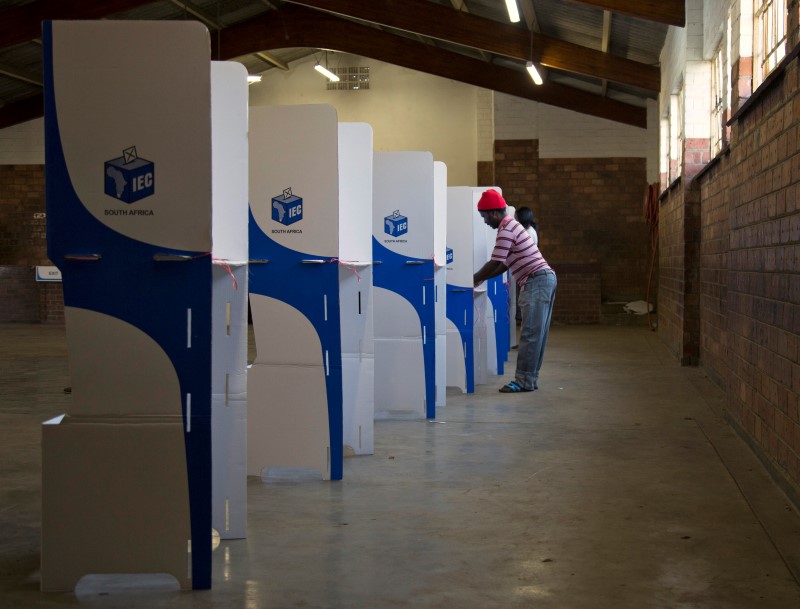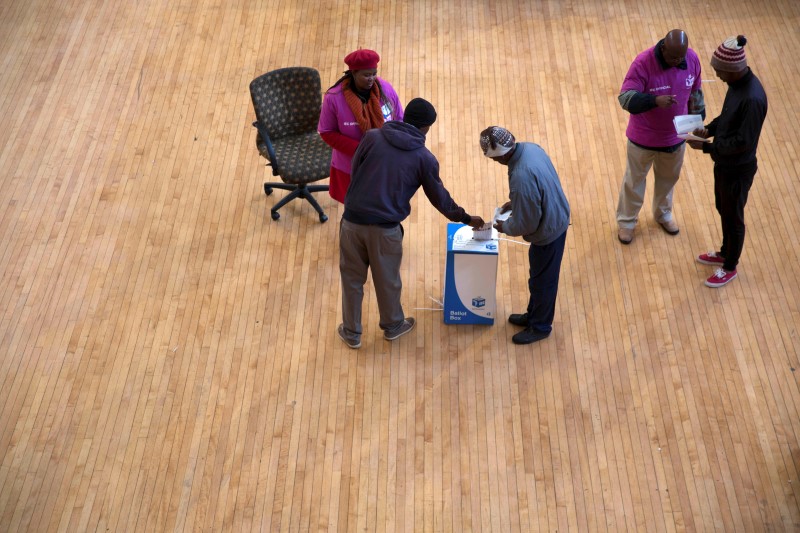
South Africa’s Ruling ANC Faces Rejection from Urbanites Angry Over Poor Services
PRETORIA (Reuters) – South Africa’s ruling party was on track for its worst electoral performance since coming to power two decades ago, poised to lose control of a key metropolitan area in a reflection of rising anger over a stubbornly high jobless rate and a lack of basic services. Support for the African National Congress […]

PRETORIA (Reuters) – South Africa’s ruling party was on track for its worst electoral performance since coming to power two decades ago, poised to lose control of a key metropolitan area in a reflection of rising anger over a stubbornly high jobless rate and a lack of basic services.

Support for the African National Congress (ANC) has waned particularly among urban residents whose lives have not improved much since it toppled oppressive white rule in 1994 and who accuse President Jacob Zuma of mismanaging the economy.
On Friday the ruling party was on the brink of losing control of Nelson Mandela Bay, named after the late anti-apartheid icon, to the Democratic Alliance (DA), which held 46.65 percent of the vote compared with the ANC’s 40.99 percent, with 98 percent of ballots counted.
Victory in Nelson Mandela Bay would give the DA control of its second major city, and embolden the opposition ahead of national elections in 2019. ANC officials in the area, however, said they were lodging a complaint about 500 dumped ballot papers found there with votes marked for the party.
The DA held a narrow lead in the capital, Pretoria, with 66 percent of the votes in, while the two parties were on par in the economic hub of Johannesburg, with 64 percent counted.
This leaves the ANC with a tenuous hold on two more major cities where millions of impoverished blacks are now looking beyond its liberation struggle credentials and focusing on weak economic growth and the scandals embroiling Zuma.
“The results suggest that South Africa’s political system is becoming much more competitive,” said John Ashbourne, Africa analyst at Capital Economics.
“The DA, which has traditionally relied on the votes of white and coloured (mixed-race) South Africans, finally appears to be gaining support among the country’s black majority.”
The DA last year elected its first black leader, Mmusi Maimane, as part of continued efforts to shake off its image as a party that mainly serves white interests.
The ANC was still in the lead nationally, with 54 percent of votes versus 26 percent for the DA and nearly 8 percent for the radical leftist Economic Freedom Fighters.
But this was down sharply from 62 percent in the 2011 municipal elections, suggesting voters are losing patience with Zuma, who rattled investors in December by changing finance ministers twice in a week, sending the rand currency <ZAR=D3> plummeting.
Zuma survived an impeachment vote in April after the Constitutional Court said he breached the law by ignoring an order to repay some of the $16 million in state funds spent on renovating his private home in Nkandla. Zuma has since said he will repay some of the money.
The ANC failed to win in Nkandla in a personal blow to the president, with the Inkatha Freedom Party retaining its hold on the region.



(Writing by Stella Mapenzauswa, editing by G Crosse)